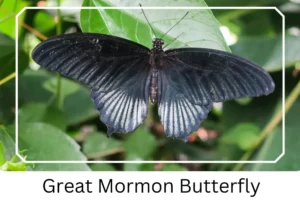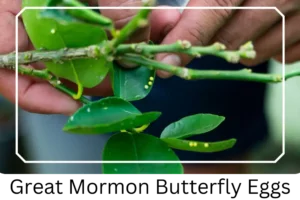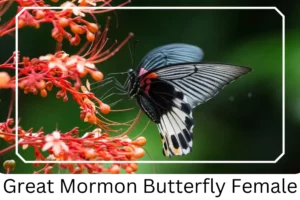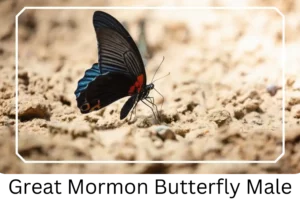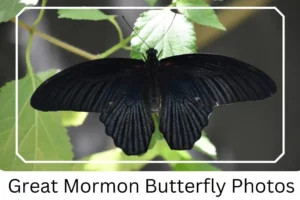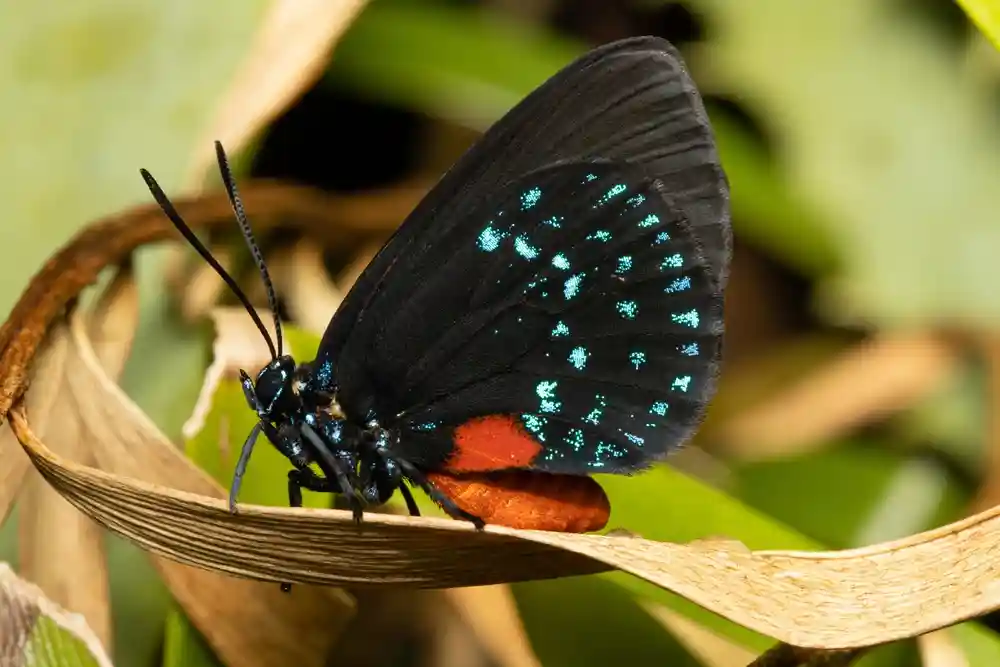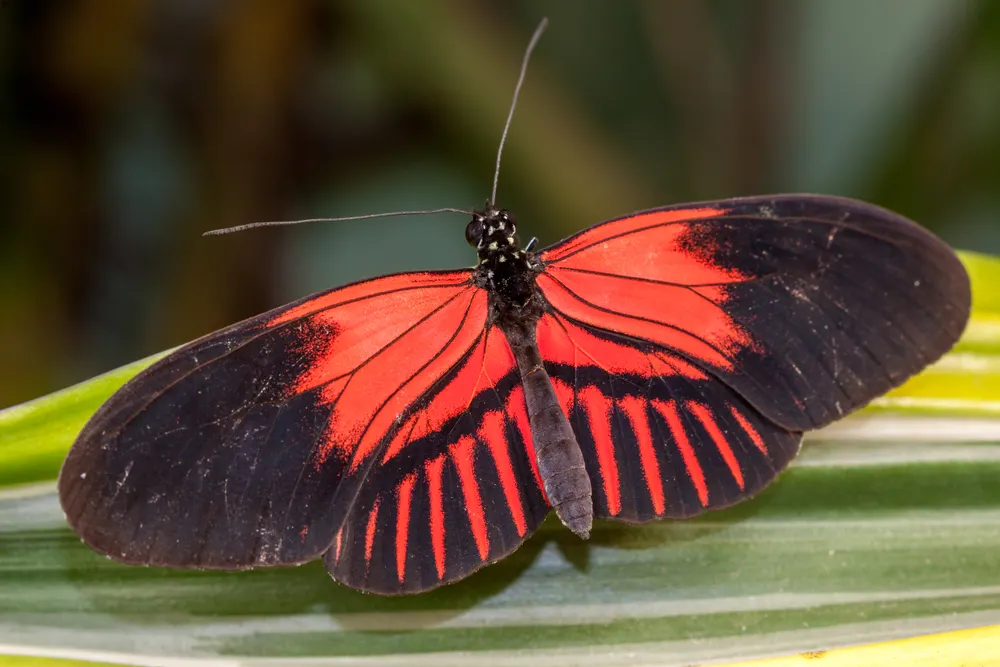Great Mormon (Papilio memnon)
The Great Mormon (Papilio memnon) is a captivating species within the swallowtail family, renowned for its large size and striking appearance. This butterfly is a subject of interest among enthusiasts and researchers alike due to its widespread distribution across South and Southeast Asia and its unique behavioral traits such as mud-puddling. Its presence in diverse countries and habitats underscores its ecological significance and adaptability.
Scientific Classification
- Family: Papilionidae
- Genus: Papilio
- Scientific Name: Papilio memnon
Overview
Characterized by its large, dramatic wings and distinct sexual dimorphism, the Great Mormon showcases a variety of forms that differ markedly between males and females. This butterfly thrives in a range of environments from forest edges to human-dominated landscapes, illustrating its versatile nature. The species plays a pivotal role in the ecosystems it inhabits, both as a pollinator and as a subject of study in evolutionary biology due to its complex mimicry and polymorphism.
Description and Identification
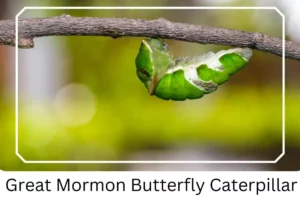 Caterpillar
Caterpillar
The caterpillar stage of the Great Mormon is as remarkable as the adult butterfly, featuring a green to yellowish-green body adorned with white marks that mimic the appearance of host plant leaves. This clever camouflage is complemented by large, black eye-marks on the head, designed to deter predators.
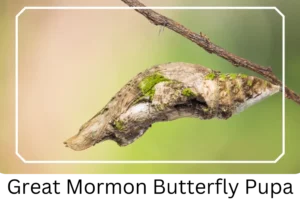 Pupa
Pupa
Transitioning to the pupal stage, the chrysalis maintains the leaf mimicry with a bright green, segmented appearance. It remains suspended from the host plant via a silken thread, blending seamlessly into its surroundings as it undergoes metamorphosis.
Adult Butterfly
Sexual Dimorphism: This species exhibits pronounced differences between males and females, making identification straightforward for enthusiasts.
Color and Appearance: Males typically display deep blue to black wings, sometimes featuring red streaks, while females have sepia-colored forewings with greyish-white and red streaks, and bluish-black hindwings adorned with white to yellow patches.
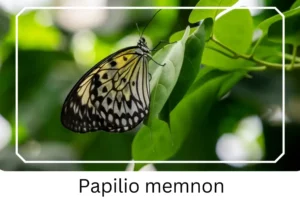
 Average Wingspan: The wingspan of the Great Mormon ranges from 120 to 150 mm (4.72 – 5.90 in), making it one of the larger species within its habitat.
Average Wingspan: The wingspan of the Great Mormon ranges from 120 to 150 mm (4.72 – 5.90 in), making it one of the larger species within its habitat.
Flight Pattern: Despite its size, the Great Mormon’s flight is slow yet erratic, adding to its allure and mystique.
Quick Facts | |
| Distribution | Found across southern and southeastern Asia, including diverse regions from India’s West Bengal to Japan and Indonesia. |
| Habitat | Prefers forest edges, clearings, and human-altered landscapes. |
| Host Plants | Largely dependent on Citrus species like pomelo for larval development. |
| Adult Diet | Feeds on nectar from flowers such as poinsettia, jasminum, lantana, canna, and salvia. |
How to Identify Great Mormon Butterfly?
Identifying the Great Mormon can be an engaging experience, given its distinct physical characteristics and behaviors. Observers should look for large, black or deep blue butterflies with notable sexual dimorphism. Males often have uniform coloration, while females display a variety of patterns with sepia, white, and red markings. The presence of red streaks or patches on the wings when closed is a key identifier. Additionally, their flight pattern is unique — slow but erratic, often seen fluttering around host plants or mud-puddling in groups. Spotting their eggs, which are singularly laid on citrus leaves, can also signal the presence of this species in the area. Familiarity with these features, coupled with knowledge of their preferred habitats and host plants, can greatly aid in identification.
Did You Know?
- The Great Mormon’s ability to fly up to 6,900 feet in the Himalayas showcases its adaptability to different elevations.
- Its polymorphic nature and instances of Batesian mimicry provide fascinating insights into evolutionary biology, making it a subject of extensive scientific study.
- This species has a remarkable capacity for visual mimicry, not only in its larval stage but also in adult forms, contributing to its survival by confusing predators.
Conclusion
The Great Mormon butterfly is not just a visual marvel but also an ecological and scientific treasure. Its widespread presence across Asia, coupled with its unique behaviors and physical attributes, makes it a species of great interest to both the casual observer and the dedicated researcher. Understanding and appreciating the complexity of its life cycle, from the mimetic caterpillar to the diverse adult forms, enhances our knowledge of nature’s intricacies and the delicate balances within ecosystems.

